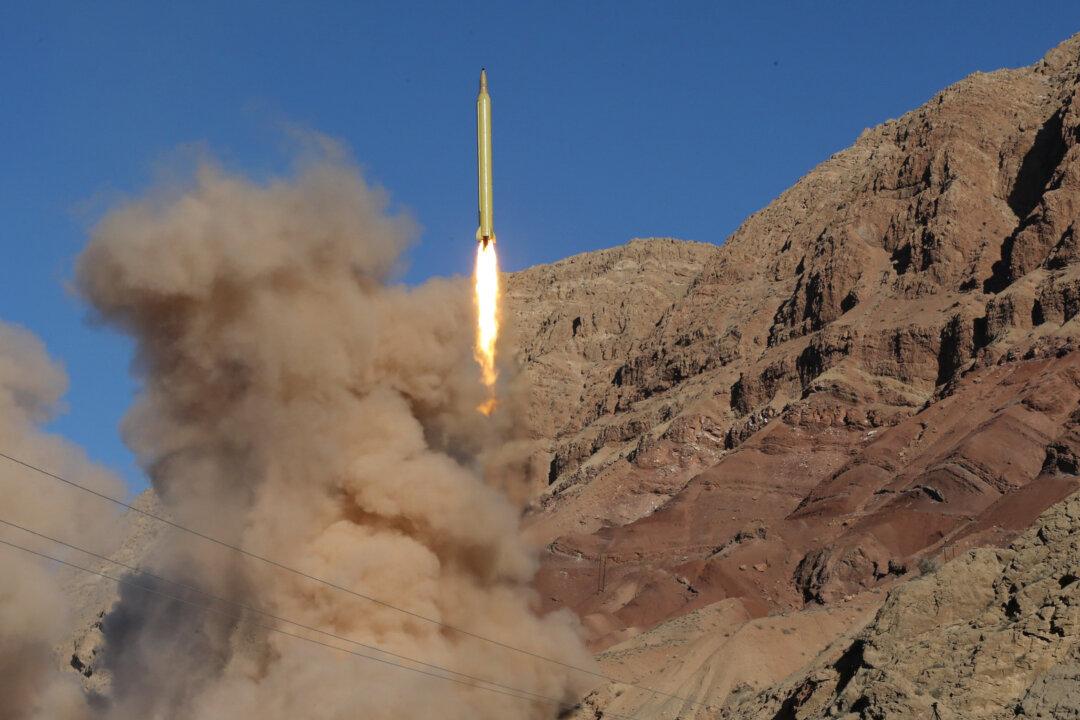A U.S. official confirmed that Iran test-fire a medium-range ballistic missile on July 25, going about 600 miles from the southern part of the country to northern Iran.
The unnamed official told several news outlets that the country fired a Shahab-3 medium-range missile, and one told the New York Times that the projectile didn’t pose a threat to American or Western interests in the region.





